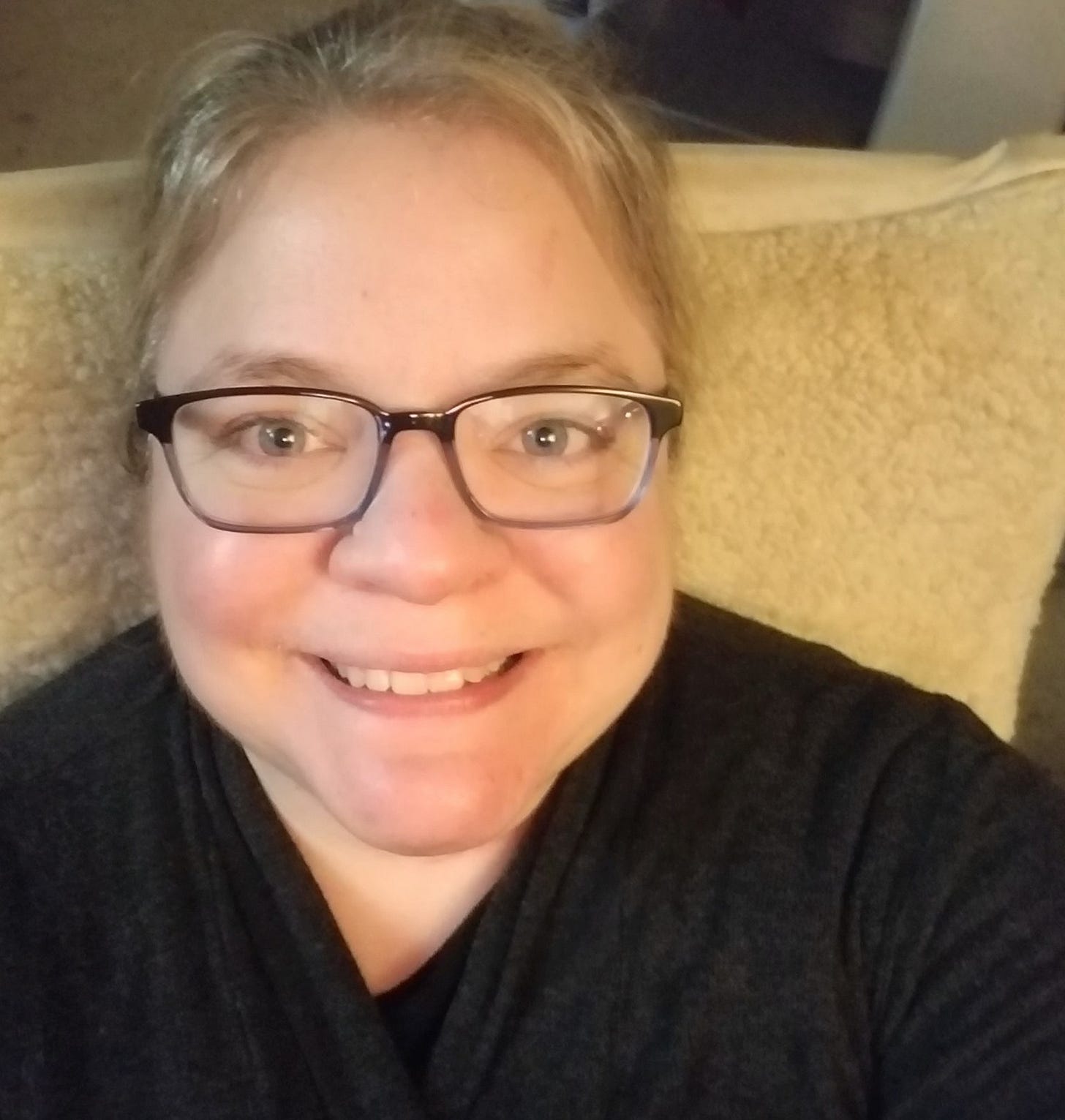In the summer of 2019, Minnesota Catholic Gina Barthel began talking publicly about a relationship of sexual abuse and coercion that had dramatically impacted her life.
Barthel shared that in 2005, a priest who was her spiritual director began to manipulate her, and eventually convinced her that God wanted her to have a sexu…

